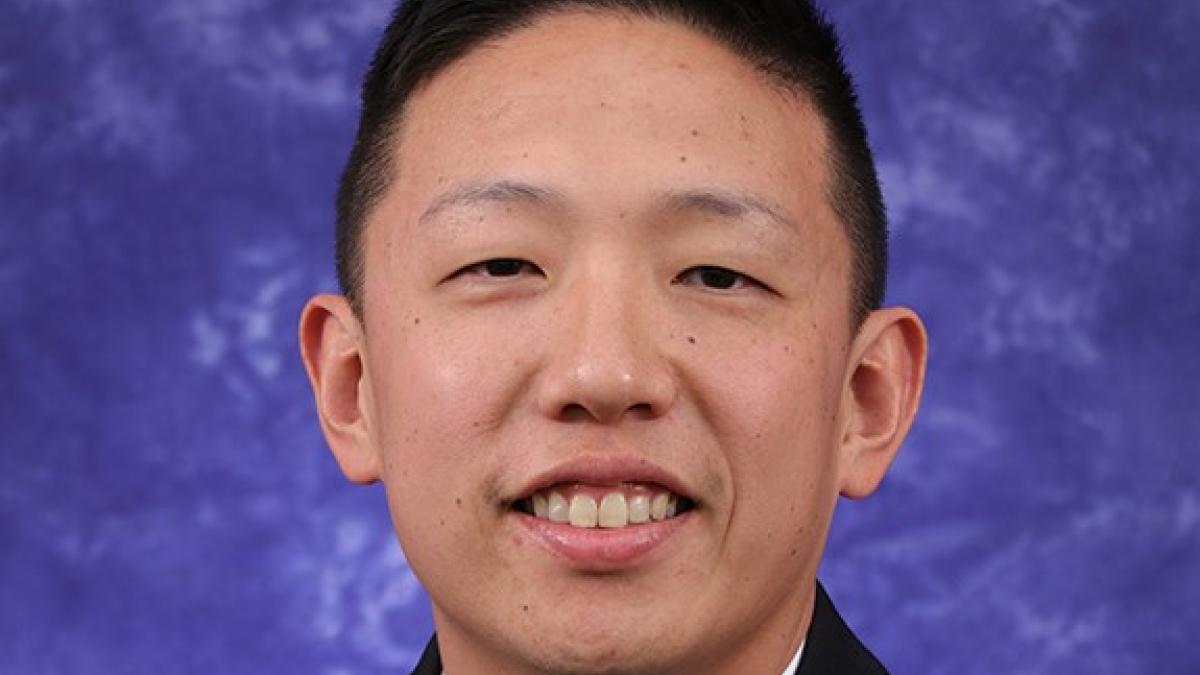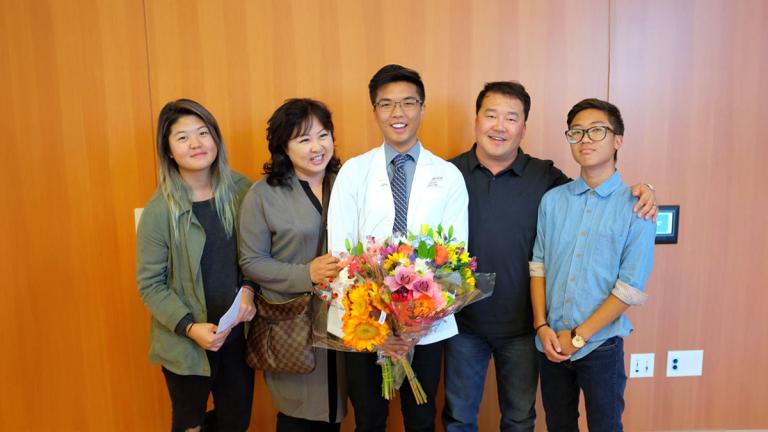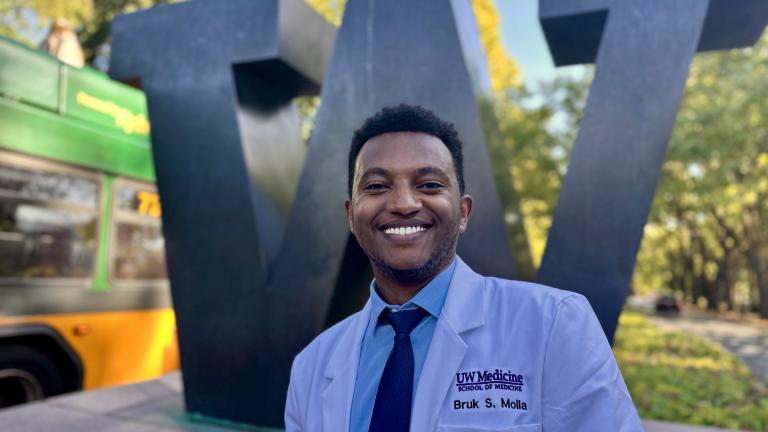Kazu Okumura
Kazu Okumura

BS, Environmental Health (EH)
Please tell us about your career path so far, starting with your first job after graduation and leading to where you work now.
My career started prior to graduation during the summer before my senior year. I was hired for an internship at Public Health - Seattle & King County (PHSKC) working for the Local Hazardous Waste Management Program. I worked on a project to analyze the benefits of 3rd party review of chemicals and cleaning products and the benefits it provided to the janitorial industry. After three months, I was hired by PHSKC as a temporary employee to lead a study on the prevalence of Mexican style candy and their lead (Pb) content. A month after graduation, I went to work for Boeing as an Industrial Hygiene and Safety Specialist. Working in private industry was not quite what I was looking for so after a year, I applied for a commission in the U.S. Public Health Service (USPHS) Commissioned Corps as an Environmental Health Officer. The USPHS Commissioned Corps is one of the seven uniformed services of the United States. Officers in the USPHS hold positions within the federal government, mainly within the U.S. Department of Health and Human Services, and during times of national and international public health emergencies, deploy to provide various public health services. Upon my call to active duty to the USPHS, I was assigned to the National Institutes of Health (NIH) as an Environmental Protection Specialist managing the NIH Bethesda campus Chemical Waste program. For my next assignment, I transferred to the U.S. Department of Agriculture - Food Safety and Inspection Service as a Food Safety Trainer. I administered a training program for approximately 10,000 meat and poultry inspectors. After a few years, I accepted a transfer to the U.S. Food and Drug Administration (FDA) as a Consumer Safety Officer performing investigations of imported FDA regulated commodities on U.S. - Mexico border. In 2014, I was called to support the U.S. government response to the Ebola virus disease outbreak in West Africa. I deployed for two months to Liberia to the Monrovia Medical Unit as a Safety and Preventive Medicine Officer and administered an occupational safety program for a 25-bed Ebola treatment unit. Upon returning from Liberia, I accepted a transfer within FDA and moved to the Center for Food Safety and Applied Nutrition as an International Policy Analyst. I work on providing analysis and guidance to the agency on various food, dietary supplements, and cosmetics policies.
How did your degree prepare you for your career?
Environmental Health is such a diverse area of study so this allowed me to be exposed to so many facets while I was in school. I have been fortunate to hold position doing everything from children's environmental health, occupational safety, and food safety. The BS in Environmental Health is accredited by the Environmental Health Accreditation Council (EHAC). Since this accreditation was necessary to be eligible for the USPHS, my degree was essential for my career.
Did you go on to a graduate or professional program after leaving UW?
After UW I earned a Master of Art in National Security and Strategic Studies from the U.S. Naval War College.
What do you like best about your current position?
I am able to shape food safety policy for the largest food safety regulatory agency in the world and make an impact on global food safety policy.
Any advice for current students who are considering Environmental and Occupational Health Sciences?
Seek experience working internships or speaking to those currently working in the field. My decision to pursue a degree in Environmental Health was solidified after my internship and speaking to USPHS officers.


